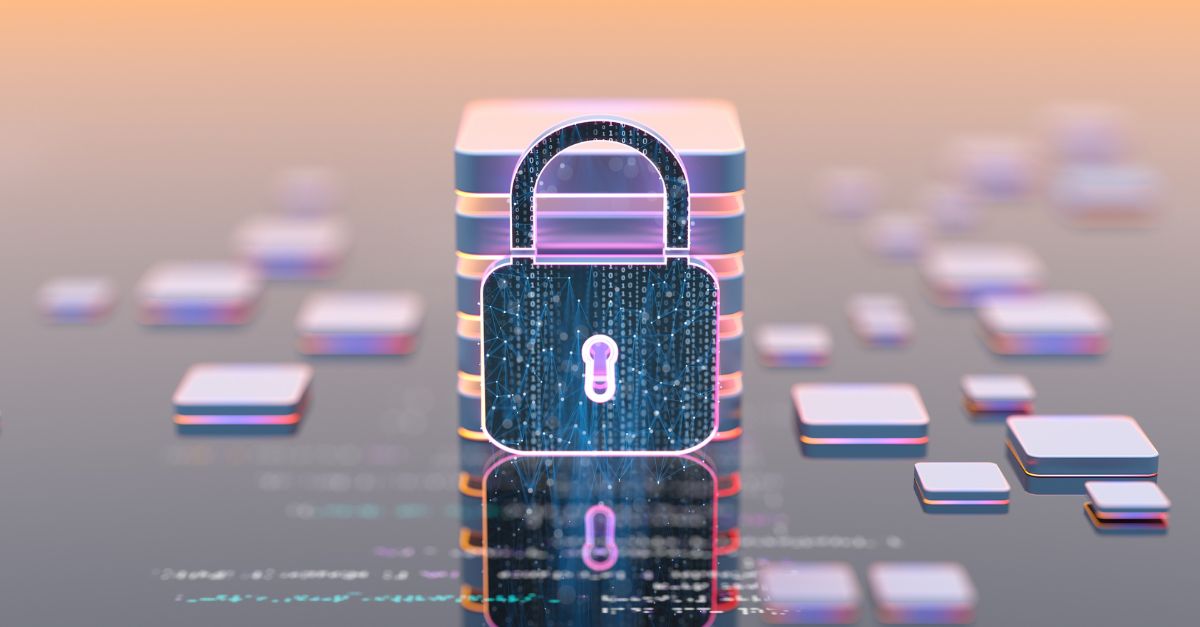World Wide Web Day is a celebration of the invention and impact of the World Wide Web on our daily lives. It’s a day to reflect on how the web has transformed communication, commerce, and access to information. Nowadays, the web is a critical component of our lives and our businesses, and in using it we accept the critical role of digital trust in our online interactions. With that trust comes an evolving importance of security in an increasingly digital world, and Public Key Infrastructure (PKI) plays a vital role in maintaining this trust.
The Importance of Digital Trust on the Web
Digital trust is the confidence users have in the security, privacy, and reliability of online services. It is the foundation of all online interactions, from shopping and banking to social networking and professional communications. Without digital trust, users would be hesitant to share personal information, conduct transactions, or engage with online platforms.
Digital trust is crucial because it:
- Enables Secure Transactions: Ensures that financial and personal data are protected during online transactions
- Builds User Confidence: Encourages users to engage with online services, knowing their information is safe
- Supports Business Growth: Businesses that prioritize digital trust can attract and retain customers more effectively
- Facilitates Innovation: A secure and trusted online environment fosters innovation and the development of new technologies and services
Digital trust is the backbone of the modern internet, enabling the seamless and secure exchange of information and services.
The Evolution of Online Security
As our world becomes more interconnected and reliant on digital technologies, it means that robust online security is essential. The online world expands every day, with more services, transactions, and communications taking place online. This growth brings convenience and accessibility, but it also introduces new risks and challenges.
With the increasing volume of online activities, cyber threats have become more sophisticated and prevalent. Hackers and cybercriminals are constantly developing new methods to exploit vulnerabilities, steal sensitive information, and disrupt services. This is in addition to other common methods of attack that have existed since the early days of the internet, such as phishing. This makes it essential for individuals and organizations to stay vigilant and adopt strong security measures.
To combat these evolving threats, robust security protocols are necessary. These protocols ensure that data is protected, communications are secure, and systems are resilient against attacks. PKI adoption is the prevailing method which plays a crucial role in enhancing online security.
How PKI Enhances Cybersecurity
PKI is a framework that uses cryptographic techniques to secure communications and data. It involves the use of public and private keys to encrypt and decrypt information, ensuring that only authorized parties can access it. PKI also supports the issuance of digital certificates, which verify the identity of users and devices, further enhancing trust and security.
Real-world applications of PKI include:
- SSL/TLS Certificates: These certificates secure websites by encrypting data transmitted between the user’s browser and the server, preventing eavesdropping and tampering
- Encrypted Emails: PKI enables the encryption of email communications, ensuring that only the intended recipient can read the message
- Secure Software Updates: Digital signatures, supported by PKI, verify the authenticity and integrity of software updates, protecting users from malicious code
By implementing PKI, organizations can significantly enhance their security posture, protect sensitive information, and build trust with their users.
The Role of Digital Signatures in Online Security
Digital signatures are a cornerstone of online security, providing a reliable method to verify the authenticity and integrity of digital documents and transactions. They offer a higher level of security compared to traditional handwritten signatures due to their cryptographic foundation.
A digital signature is a cryptographic technique used to validate the authenticity and integrity of a digital message or document. It ensures that the content has not been altered since it was signed and confirms the identity of the signer. This is crucial for maintaining trust in digital communications and transactions.
Digital signatures work by using a pair of keys: a private key and a public key. When a document is signed, a unique hash of the document is created and encrypted with the signer’s private key. This encrypted hash, along with the signer’s public key, forms the digital signature. To verify the signature, the recipient decrypts the hash using the signer’s public key and compares it to a newly generated hash of the document. If the hashes match, the document is confirmed to be authentic and unaltered.
Digital signatures can be employed across numerous industries to enhance security and streamline processes:
- Legal: Digital signatures are used to sign contracts and legal documents, ensuring their authenticity and reducing the need for physical paperwork
- Healthcare: Medical records and prescriptions can be securely signed and shared, protecting patient privacy and ensuring data integrity
- Finance: Financial transactions and documents, such as loan agreements and investment contracts, are signed digitally to prevent fraud and ensure compliance
Digital signatures not only provide a secure way to sign documents but also help in maintaining a transparent and trustworthy digital environment. By ensuring that documents are authentic and have not been tampered with, digital signatures protect sensitive information and foster trust in online interactions.
Explore Digital Signatures Made Easy
The Importance of Trusted Certificate Authorities
Certificate Authorities (CAs) are essential components of the PKI ecosystem. They play a critical role in establishing and maintaining digital trust by issuing digital certificates that have root ubiquity, that authenticate the identity of users, devices, and websites.
Role of CAs in PKI Security
CAs are responsible for:
- Issuing Certificates: CAs provide digital certificates that verify the identity of entities involved in online transactions. These certificates are used to establish secure connections and encrypt data
- Maintaining Trust: CAs ensure that the certificates they issue are trustworthy and have not been compromised. They follow strict protocols and industry standards to maintain the integrity of the PKI system
- Revoking Certificates: If a certificate is found to be compromised or no longer valid, CAs have the authority to revoke it. This helps prevent misuse and maintains the overall security of the PKI ecosystem
This is where trust is so important, because without digital trust maintaining the validity of their certificates, CAs risk being distrusted. CAs getting distrusted means the certificates they issue will no longer be recognised, and causes a number of knock on effects across the web:
- Impact on Websites: Websites using distrusted certificates need to switch to a different CA to ensure their users can continue to access their services securely
- User Trust: Users may lose trust in websites that continue to use certificates from distrusted CAs, leading to potential reputational damage
- Industry Standards: It underscores the need for CAs to adhere to stringent industry standards and practices to maintain their credibility and the trust of their users
Choosing a trusted CA is crucial for any organization that relies on digital certificates to secure their online communications and transactions. It ensures that their users can trust the authenticity and integrity of their services, thereby maintaining digital trust.
Committing to Digital Trust on World Wide Web Day
Digital trust is the cornerstone of our online interactions, enabling secure and reliable communication, transactions, and data exchange. PKI ensures the authenticity and integrity of digital communications through digital signatures and trusted certificate authorities.
To maintain and strengthen digital trust, it’s crucial for organizations and individuals to be proactive about their online security measures. One important step is to regularly check the certificates used by your websites to ensure they are issued by reputable certificate authorities and are up-to-date. Using automation platforms like GlobalSign’s Certificate Automation Manager can give you all the security of a leading certificate authority with minimal manual intervention.







